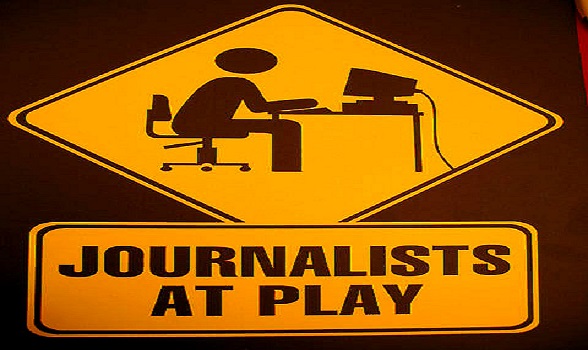 MFA Notes from Lesley University
MFA Notes from Lesley University
What does it take to be a journalist?
Recently, I graduated from Lesley University with an MFA in creative writing, and I decided that I wanted to share what I learned in a series of blog posts.
I decided to share for two reasons:
1) My notes, although not too detailed, could possibly help other writers.
2) Rewriting my notes forces me to re-read and re-think everything I learned, so it’s a win-win.
But before we dive in, please keep two things in mind:
1) These notes are neither complete nor perfect. The classes at Lesley were not typical lecture/note classes; the classes were filled with writing and thinking exercises and often this left no time for notes (in a good way). However, even with that, these sparse notes, I do believe, could still offer value.
2) I may, from time to time, include actual writing prompts from the classes, please bare with me, they’re first drafts and were done in the moment.
I hope you enjoy this series of notes and if you have any questions about the notes, Lesley University, or MFA’s, please feel free to contact me.
Journalistic Imperative
Always collect more data and research than you need. The goal should be to use the top 15%. The other 85% isn’t wasted; you need it all to be able to find that top 15%.
Types of research: Travel, eating, interviews, online, archival data, retrace steps/restage, public records, journals, immersion, photos, letters, etc.
Involuntary memory: a smell, sight, touch or sound, that reminds us of something or someone.
Eventually you’ll come across information and research that contradicts one another. This can be good, because where there’s contradiction there’s a story. (Also, if you come across two things that contradict each other, you don’t have to chose one or the other, you can report both–or dive into the story of the contradiction.) If one side of the contradiction feels better than the other, go with your gut.
*Research from all angles and perspectives*
*What’s the theme?*
Different narration perspectives: The me as a child, the me now. My friend, my brother, father, etc. The “we” and “us.” Don’t use these different voices as a gimmick, though.
How do you know when you’re done researching? Or when you’re done with your project?
- Deadlines.
- When the dots are all finally connected.
- When things start repeating themselves; if five people say “blue,” and then so does number six, then maybe you can be like, “Okay, it’s blue. I can move on to something else.
Click here to see more MFA Notes…
Recommended book for this section: The Situation and the Story, by Vivian Gornick.